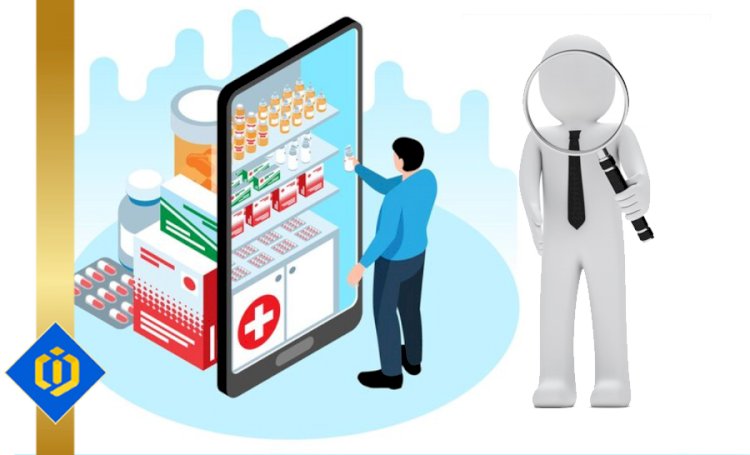Exploring the Market Dynamics of Generic Medicines: Implications and Key Considerations

Abstract:
This article provides an in-depth exploration of generic medicines, their significance in the pharmaceutical market, and the economic implications they entail. By examining the process of creating, regulating, and penetrating the market with generic drugs, a comprehensive understanding of their importance in healthcare systems worldwide is presented.
Introduction:
The pharmaceutical industry has played a crucial role in advancing global health by continuously improving treatment protocols with innovative drugs. However, the high cost associated with branded medications often creates barriers to accessibility. This is where generic medicines become instrumental by offering affordable alternatives to brand-name drugs, ensuring broader access to healthcare.
Definition and Development of Generic Medicines:
Generic medicines are essentially replicated versions of branded drugs that are produced after the expiration of the original product's patent. They contain the same active ingredients as their branded counterparts and are considered bioequivalent, meaning they function in the same way and provide equivalent clinical benefits. The development process for generic drugs differs from that of new chemical entities since the efficacy and safety of the active ingredients have already been established. Generic drug manufacturers are only required to demonstrate bioequivalence to the branded product.
Regulatory Framework:
The approval of generic medicines involves rigorous regulatory scrutiny. In the United States, the Food and Drug Administration (FDA) mandates that generics meet the same standards of quality, strength, purity, and stability as brand-name drugs. Similar standards are followed by the European Medicines Agency (EMA) and other regulatory bodies across the globe.
Market Dynamics:
Generic drugs typically enter the market after the expiration of the patent protection of brand-name drugs. This entry often leads to a significant reduction in prices, primarily due to the lower costs associated with the development and marketing of generics. Furthermore, the competition introduced by generic drugs drives down prices even further.
Economic Implications:
Generic medicines play a pivotal role in reducing healthcare costs. By providing more affordable options, they facilitate greater accessibility to treatment, particularly in low- and middle-income countries. The resulting savings for healthcare systems and patients can be substantial, allowing resources to be reallocated to other areas of healthcare.
Challenges and Controversies:
Despite their benefits, generic drugs face certain challenges. Some healthcare providers and patients may perceive them as being of inferior quality, and the regulatory approval process in different countries can be complex. Moreover, the competition they introduce can sometimes lead to legal disputes with original drug manufacturers.
Conclusion:
Generic medicines are essential for ensuring the sustainability of healthcare systems worldwide. They offer cost-effective alternatives to brand-name drugs, ensuring broader access to essential medications. As healthcare costs continue to rise, the role of generics will become increasingly significant. Future policies and healthcare models should continue to support and integrate the use of generic medicines, striking a balance between the need for pharmaceutical innovation and the goals of accessibility and affordability.
Author: Pooyan Ghamari, Swiss Economist & Visionary

 content-team
content-team 






















